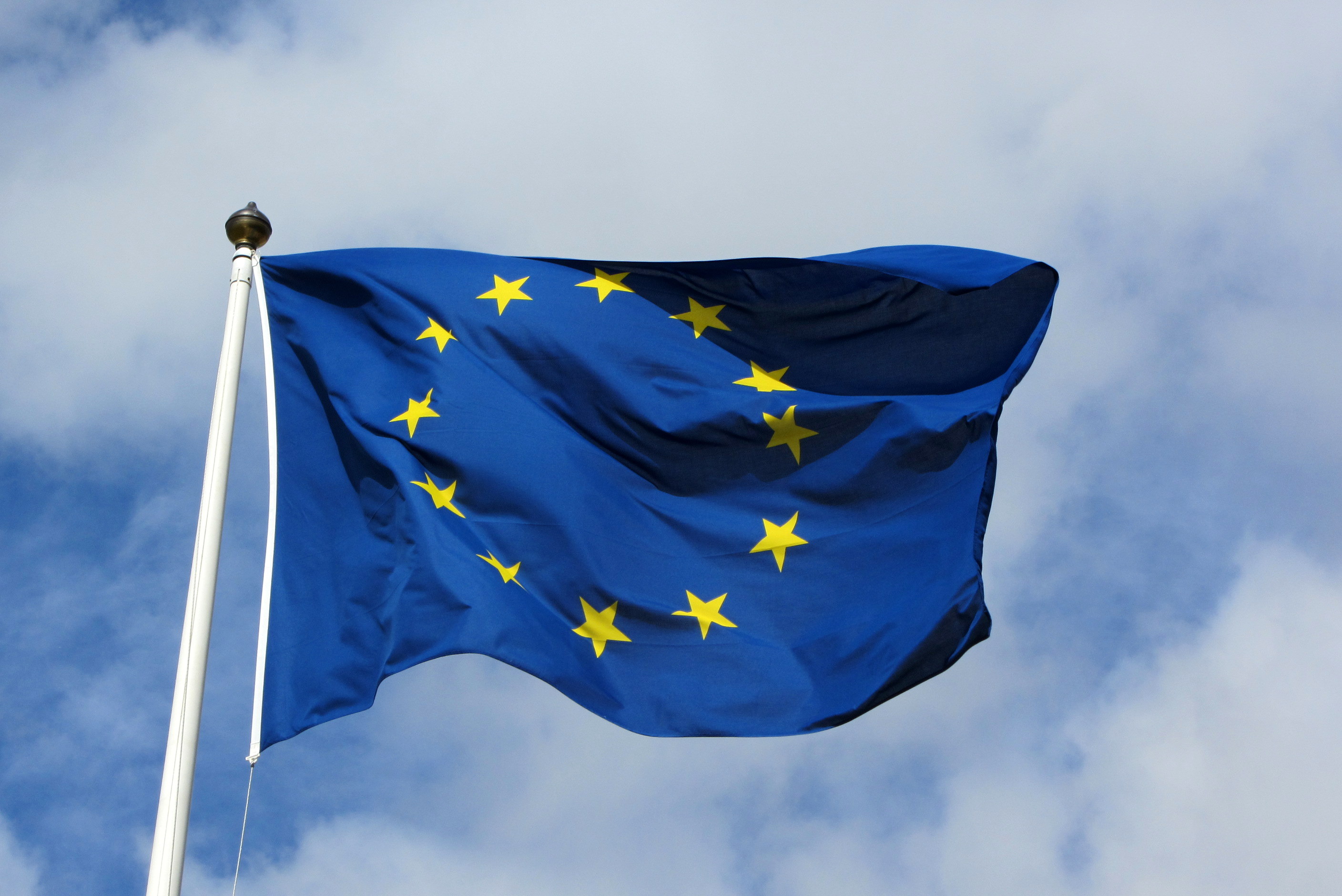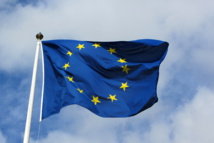As stated in the communique, the decision is based on resolution 2216 (2015) of the Security Council of 14 April.
Individual sanctions include a ban on entry to the EU, and the freezing of assets in European banks. According to the EU, the son of the former president played a key role in facilitating the movement of Houthis military expansion allied with regular army units, which remained loyal to Ali Abdullah Saleh.
Decision of the Council of the European Union introduced the UN embargo on arms supplies for individuals and businesses, subject to the limitations imposed by resolution. The ban also extends to the provision of technical and financial assistance related to military activities.
EU condemns unilateral destabilizing actions taken by Houthis and forces loyal to the former president, and called a halt to the use of violence.
- The EU considers that only a broad political agreement, reached through inclusive negotiations, can provide a reliable solution to restore peace and preserve the unity, sovereignty, independence and territorial integrity of Yemen" - said the Council of the European Union’s press service communiqué.
Meanwhile, The Guardian wrote on Friday that the blockade of Yemen from Saudi Arabia led to the dismal humanitarian situation in the country.
- We are getting short of necessities. People stand in line for days - the edition quotes the words of the humanitarian organization "Oxfam" representative in Yemen Nuh Abdul Jabber.
According to the latest data, about 80% of the population is suffering from lack of food, drinking water and medical care. The country’s citizens die from common diseases due to the closure of hospitals.
- Riyadh continues to insist on the right to decide which humanitarian workers can cross the border of Yemen - says the Guardian.
Meanwhile, in late March, US President Barack Obama authorized Washington to grant logistical and intelligence support to the Arab coalition. In turn, London offered Riyadh any help, "except for the part in hostilities."
- The critical shortage of food, water and medicine casts doubt on US and British support of Arab coalition’s intervention in the civil war in Yemen in March, - said The Guardian.
In addition, in April, Saudi Arabia has still not provided the United Nations promised funds devoted for humanitarian aid to residents of Yemen.
Arab coalition’s airpower led by Saudi Arabia launched an operation against the Huthis rebels that occupied the capital of Yemen Sana'a on March 26.
source: theguardian.com
Individual sanctions include a ban on entry to the EU, and the freezing of assets in European banks. According to the EU, the son of the former president played a key role in facilitating the movement of Houthis military expansion allied with regular army units, which remained loyal to Ali Abdullah Saleh.
Decision of the Council of the European Union introduced the UN embargo on arms supplies for individuals and businesses, subject to the limitations imposed by resolution. The ban also extends to the provision of technical and financial assistance related to military activities.
EU condemns unilateral destabilizing actions taken by Houthis and forces loyal to the former president, and called a halt to the use of violence.
- The EU considers that only a broad political agreement, reached through inclusive negotiations, can provide a reliable solution to restore peace and preserve the unity, sovereignty, independence and territorial integrity of Yemen" - said the Council of the European Union’s press service communiqué.
Meanwhile, The Guardian wrote on Friday that the blockade of Yemen from Saudi Arabia led to the dismal humanitarian situation in the country.
- We are getting short of necessities. People stand in line for days - the edition quotes the words of the humanitarian organization "Oxfam" representative in Yemen Nuh Abdul Jabber.
According to the latest data, about 80% of the population is suffering from lack of food, drinking water and medical care. The country’s citizens die from common diseases due to the closure of hospitals.
- Riyadh continues to insist on the right to decide which humanitarian workers can cross the border of Yemen - says the Guardian.
Meanwhile, in late March, US President Barack Obama authorized Washington to grant logistical and intelligence support to the Arab coalition. In turn, London offered Riyadh any help, "except for the part in hostilities."
- The critical shortage of food, water and medicine casts doubt on US and British support of Arab coalition’s intervention in the civil war in Yemen in March, - said The Guardian.
In addition, in April, Saudi Arabia has still not provided the United Nations promised funds devoted for humanitarian aid to residents of Yemen.
Arab coalition’s airpower led by Saudi Arabia launched an operation against the Huthis rebels that occupied the capital of Yemen Sana'a on March 26.
source: theguardian.com



















